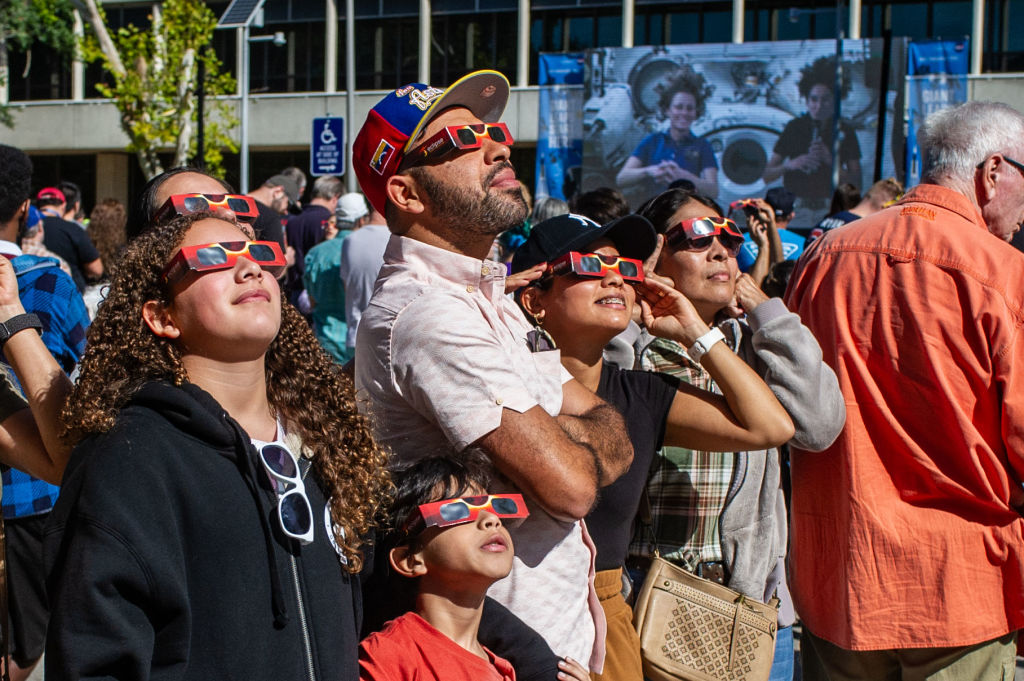A total solar eclipse is expected to pass through the United States on April 8, 2024, giving stargazers across the country the opportunity to view the celestial phenomenon in which the sun is completely covered by the moon.
The eclipse will enter the U.S. in Texas and exit in Maine. It is the last time a total solar eclipse will be visible in the contiguous United States until 2044.
Here’s what to know about the path of the eclipse and where you can see it.
Read More: How Animals and Nature React to an Eclipse
Where can you see the total solar eclipse?
The eclipse will cross through North America, passing over parts of Mexico, the United States, and Canada.
The eclipse will enter the United States in Texas, and travel through Oklahoma, Arkansas, Missouri, Illinois, Kentucky, Indiana, Ohio, Pennsylvania, New York, Vermont, New Hampshire, and Maine. Small parts of Tennessee and Michigan will also experience the total solar eclipse.
Much of the eclipse’s visibility depends on the weather. A cloudy day could prevent visitors from seeing the spectacle altogether.
When does the solar eclipse start and end?
The solar eclipse will begin in Mexico’s Pacific coast at around 11:07 a.m. PDT. It will exit continental North America on the Atlantic coast of Newfoundland, Canada, at 5:16 p.m. NDT.
The longest duration of totality—which is when the moon completely covers the sun—will be 4 minutes, 28 seconds, near Torreón, Mexico. Most places along the path of totality will see a totality duration between 3.5 and 4 minutes.
Read More: The Eclipse Could Bring $1.5 Billion Into States on the Path of Totality
Where’s the best place to see the total solar eclipse?
The best place to witness the event is along the path of totality. Thirteen states will be along the path of totality, and many towns across the country are preparing for the deluge of visitors— planning eclipse watch parties and events in the days leading up to totality.
In Rochester, NY, the Rochester Museum and Science Center is hosting a multi-day festival that includes a range of events and activities. Russellville, Arkansas will host an event with activities including live music, science presentations, tethered hot-air balloon rides, and telescope viewings.


